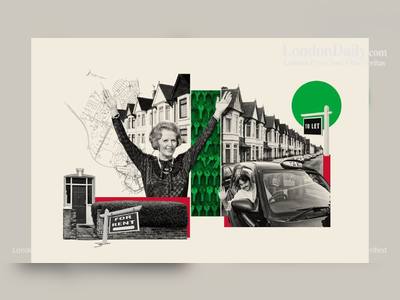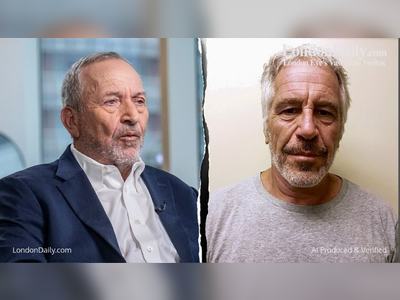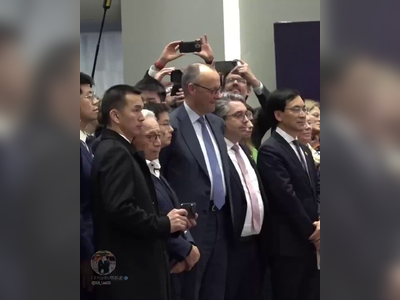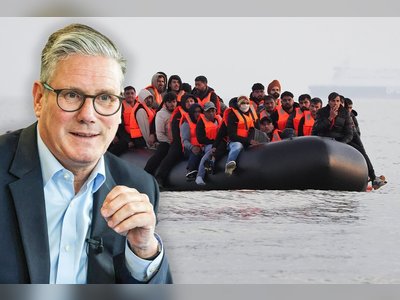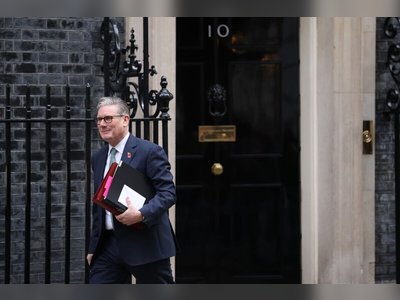“Trump Supporter” Aims to Bring a MAGA-Style Shift to Romania
Annulled Elections and a New Front-Runner
This rerun of the presidential election was held after the Constitutional Court overturned the previous first-round results from November, citing concerns over external interference in support of candidate Călin Georgescu. Georgescu had finished first but was later disqualified. His removal from the race sparked protests and condemnation, including from former Trump administration officials, such as U.S. Vice President J.D. Vance, who claimed the move was a blow to democratic principles.
Simion, who came fourth in the annulled vote, gained wide support after openly criticizing the disqualification and standing alongside Georgescu. He pledged to give Georgescu a senior role in government if elected. On Sunday, Simion voted beside Georgescu and appeared with him at campaign events.
Election Results and Voter Support
Simion received the most votes in thirty-six out of forty-seven districts and secured sixty-one percent of the vote from Romanians living abroad, many of whom reside in European Union countries. In a recorded speech to supporters after the polls closed, Simion said his goal was to restore "constitutional order" and return decision-making power to “honest and respectable citizens.”
“These elections aren’t about one candidate or another,” he wrote on social media, “they’re about every Romanian who’s been lied to, ignored, humiliated—yet still believes in our identity and our rights.”
Supporters celebrated late into the night in Bucharest, waving flags and singing. Simion emphasized his commitment to democracy, saying: “We’re not anarchists. We oppose those who are destroying Romania. We are no longer a democratic country—and that must change.”
The Runoff Opponent: Nicușor Dan
Simion’s opponent, Nicușor Dan, is fifty-five and a former mathematician. He led an anti-corruption campaign focused on institutional reform. Dan finished second with more than twenty percent of the vote, defeating coalition-backed Crin Antonescu, who placed third and was eliminated.
Dan described the upcoming final round as a contest between “a pro-Western and an anti-Western path for Romania,” and said his campaign will focus on explaining why Romania should maintain strong alignment with Western institutions.
Political Landscape and International Reactions
The winner of Romania’s presidency—a five-year term—holds significant powers, particularly in foreign policy and national security, and can veto key EU-related decisions. Some Western governments have expressed concern about potential changes to Romania’s foreign posture, especially regarding Ukraine and the European Union.
Simion has stated that Romania’s aid to Ukraine should be made public, arguing that the support given did not serve Romanian interests. While Romania has accepted Ukrainian refugees and sent military equipment, Simion pointed to the economic burden on citizens and called for more transparency and accountability.
He has also been critical of the European Union’s directives when they conflict with national priorities but clarified that he does not advocate exiting the EU. He supports maintaining strong ties with NATO and describes Romania as a natural ally of the United States.
His Position on Ukraine and Moldova
Simion has been banned from entering Ukraine and Moldova, due to previous statements calling for the return of territories lost to both countries after World War II. He stated that future relations with Kyiv would depend in part on its treatment of Romanian minorities and Romanian churches operating in Ukraine.
In a recent BBC interview, Simion described Russia as the greatest threat to Romania, Poland, and the Baltic states, but added that the war in Ukraine “is not progressing,” and expressed hope that Donald Trump’s efforts for a ceasefire would succeed.
Background and Rise
Simion founded the Alliance for the Union of Romanians (AUR) party in 2019. The party gained traction in the 2023 parliamentary elections. He describes himself as pro-Christian, committed to family values, and focused on strengthening Romania’s independence, institutions, and social unity.
Political analyst Cristian Pîrvulescu noted that Simion currently has a broader base of support than Dan and could benefit from the over one million votes won by former Prime Minister Victor Ponta, who finished fourth. Ponta, who transitioned from the political left to a more national platform, has not endorsed either candidate.
The final vote on March 18 will determine whether Romania enters a new era of national leadership, as both remaining candidates present strong views on the country’s direction—domestically and internationally.


